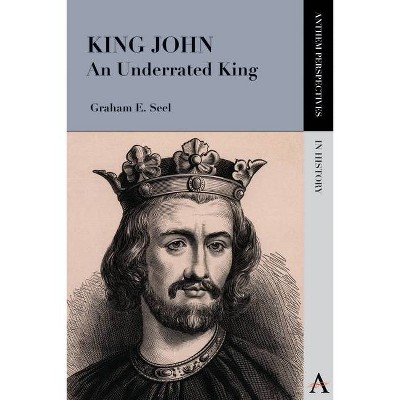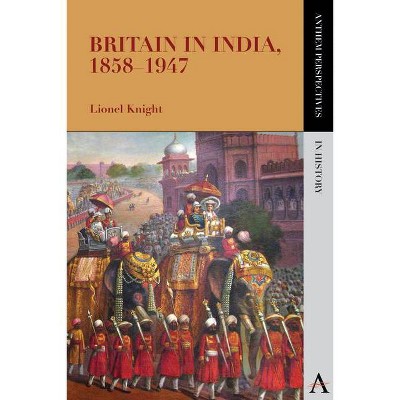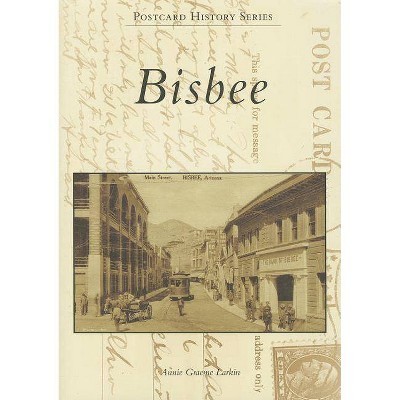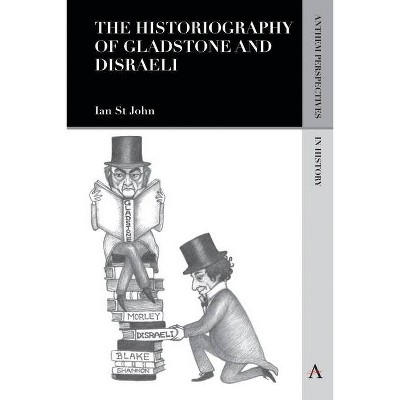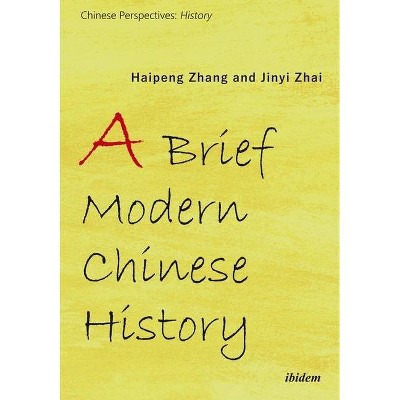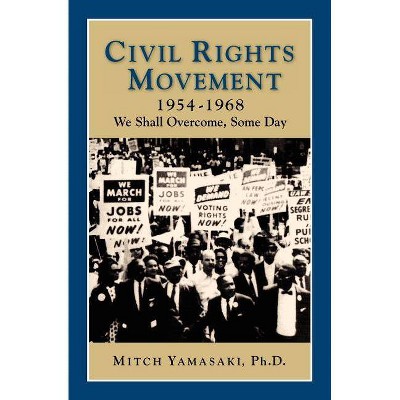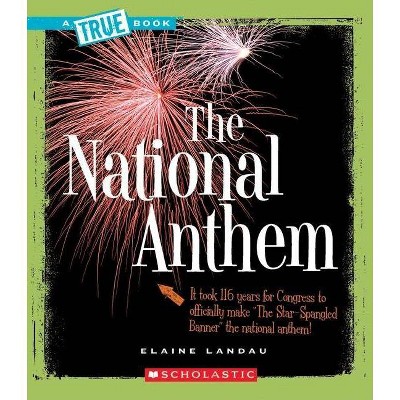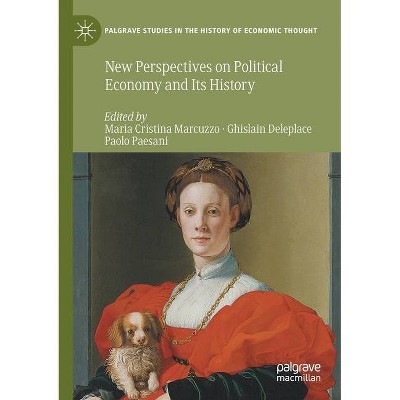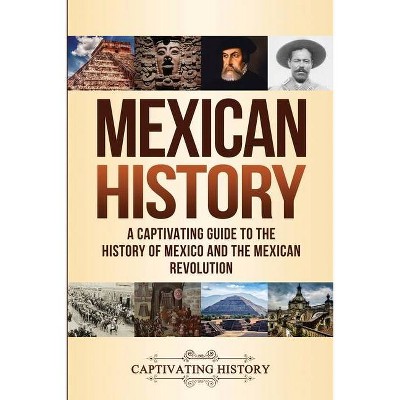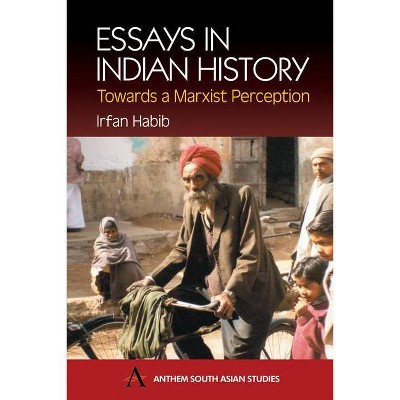A History of Ireland, 1800-1922 - (Anthem Perspectives in History) by Hilary Larkin (Paperback)
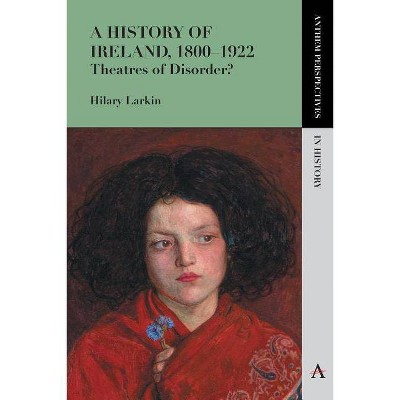
Similar Products
Products of same category from the store
AllProduct info
<p/><br></br><p><b> About the Book </b></p></br></br><p>Ireland from 1800 to 1922 was a veritable theatre of political and civic disorder. This study seeks to integrate this sensational and often tragically scarred story with other more expansive historical narratives involving cultural, social and technological change.</p><p/><br></br><p><b> Book Synopsis </b></p></br></br><p>There is no lack of sensationalism in the period of Irish history 1800-1922. Large dramas played themselves out in small places. The last subsistence crisis of Europe would be enough to justify this judgement, but there is more: endemic levels of violence, the formation of the first state police force in the history of Britain, republican militancy, tithe and land wars, socialist protest, armed insurrection, war and civil war pockmark the era. The history of Ireland, particularly in its relationship to the imperial power of Britain, has been fraught to say the least. The so-called 'Pax Britannica' never became a genuine 'Pax Hibernia'.</p> <p>However, such an account needs to be balanced against other stories that emerge from the period. Ireland had its own 'Victorian' era and a more benign revolution in social mores, technology, communication and transport. Many features of twentieth-century political and social practice were then established: a system of public health, factory inspection, primary education, ordnance survey mapping, civic improvement and census taking. Sporting, musical and cultural traditions knew an intense phase of development. Moreover, Irish leaders and many of the middle-classes adapted to the Union's constitutional arrangements and successfully exploited it to their advantage. In 1922, both north and south Ireland did inherit a certain institutional stability from the Union era.</p> <p>Both of these stories need to be told together to reflect the recent scholarship on all areas of modern Irish history. This book is a historiographical synthesis, providing readers with an understanding of the nature of current arguments and debates about a past that is neither dead nor, in many ways, even past.</p><p/><br></br><p><b> Review Quotes </b></p></br></br><br><p>'Hilarly Larkin's book is more than a history of Ireland under the Union. It is in many respects a history of the Union, and she ranges with confidence over cultural, social and political events in Britain as well as in Ireland. She adds her own judgements to her impressive familiarity with and synthesis of recent historiography.' --Michael Laffan, University College Dublin School of History and Archives</p><br><p/><br></br><p><b> About the Author </b></p></br></br><p>Hilary Larkin is an adjunct researcher in history at the University of Kansas. She was educated at University College Dublin and at the University of Cambridge. </p>
Price History
Price Archive shows prices from various stores, lets you see history and find the cheapest. There is no actual sale on the website. For all support, inquiry and suggestion messagescommunication@pricearchive.us
